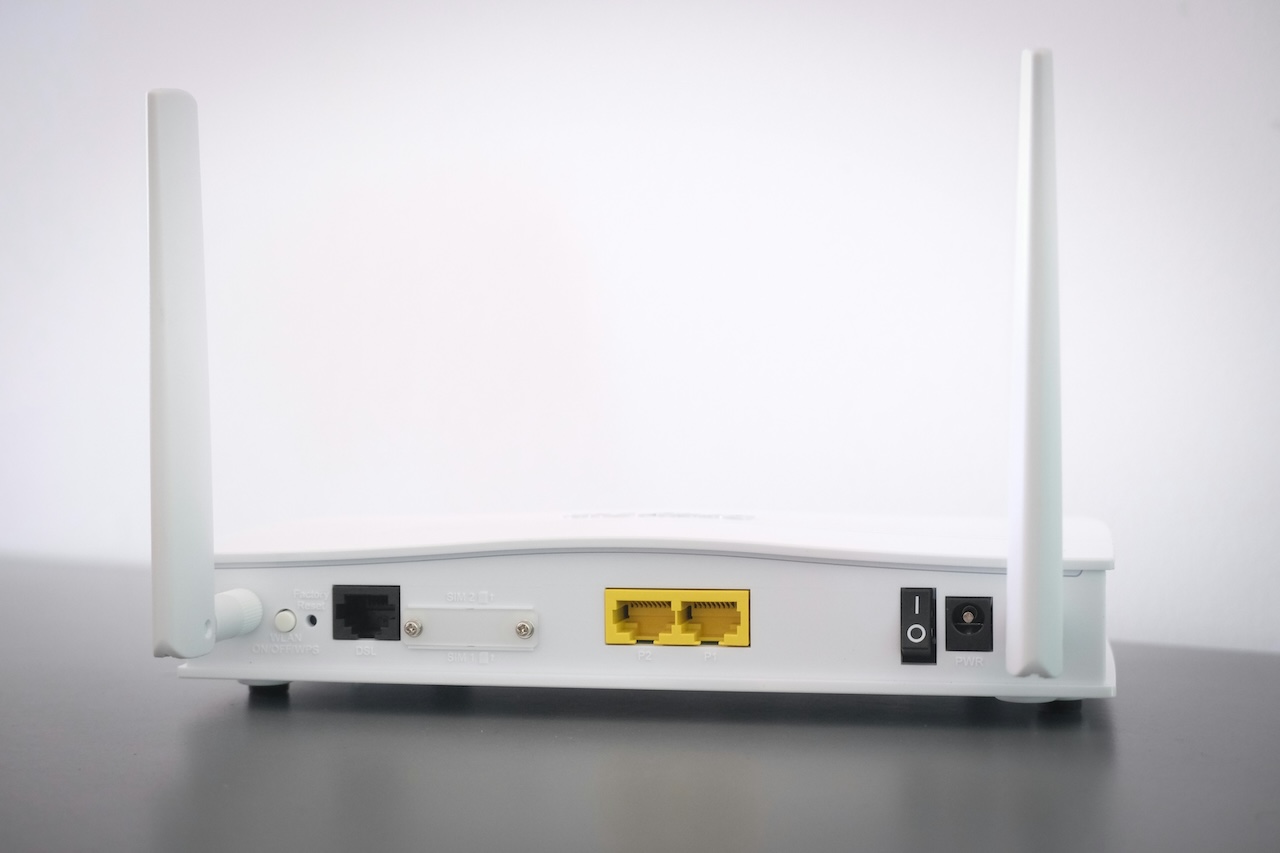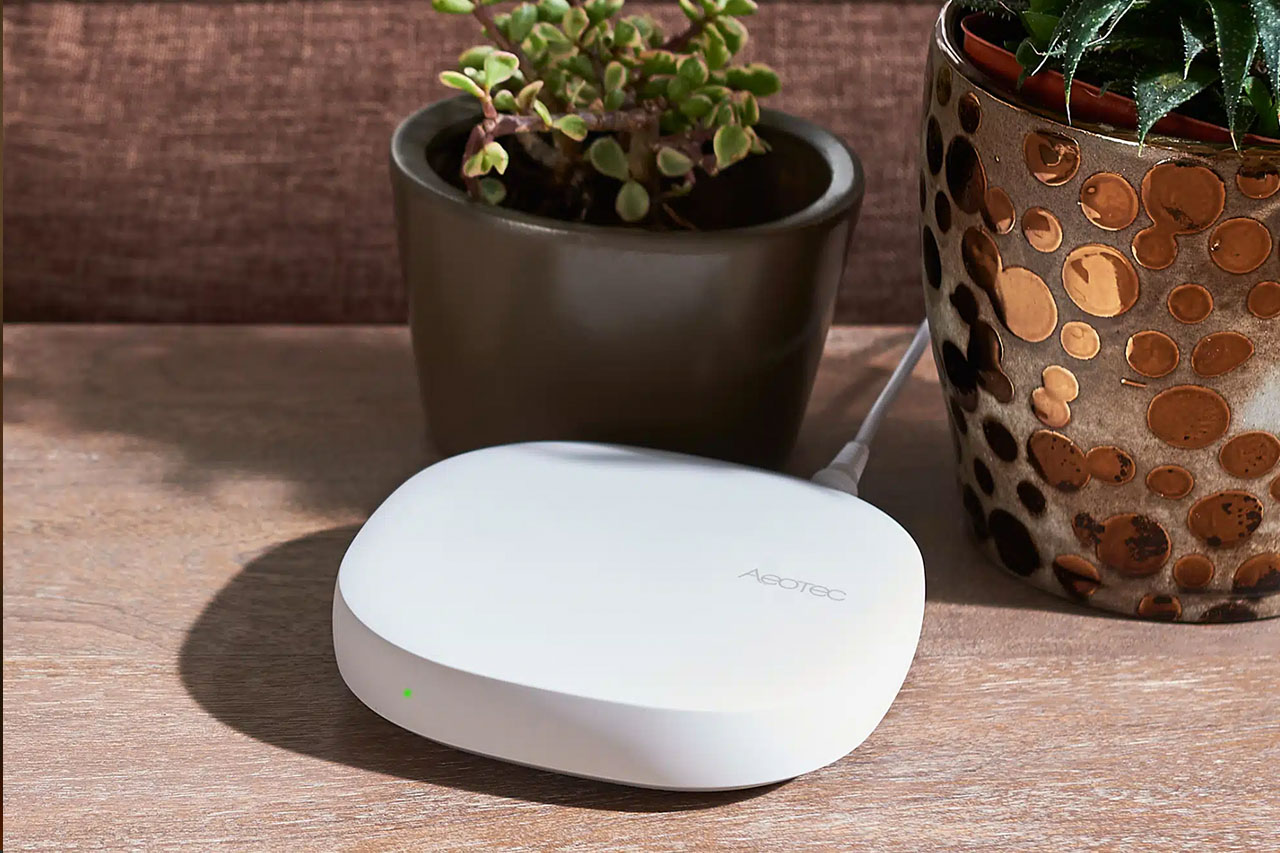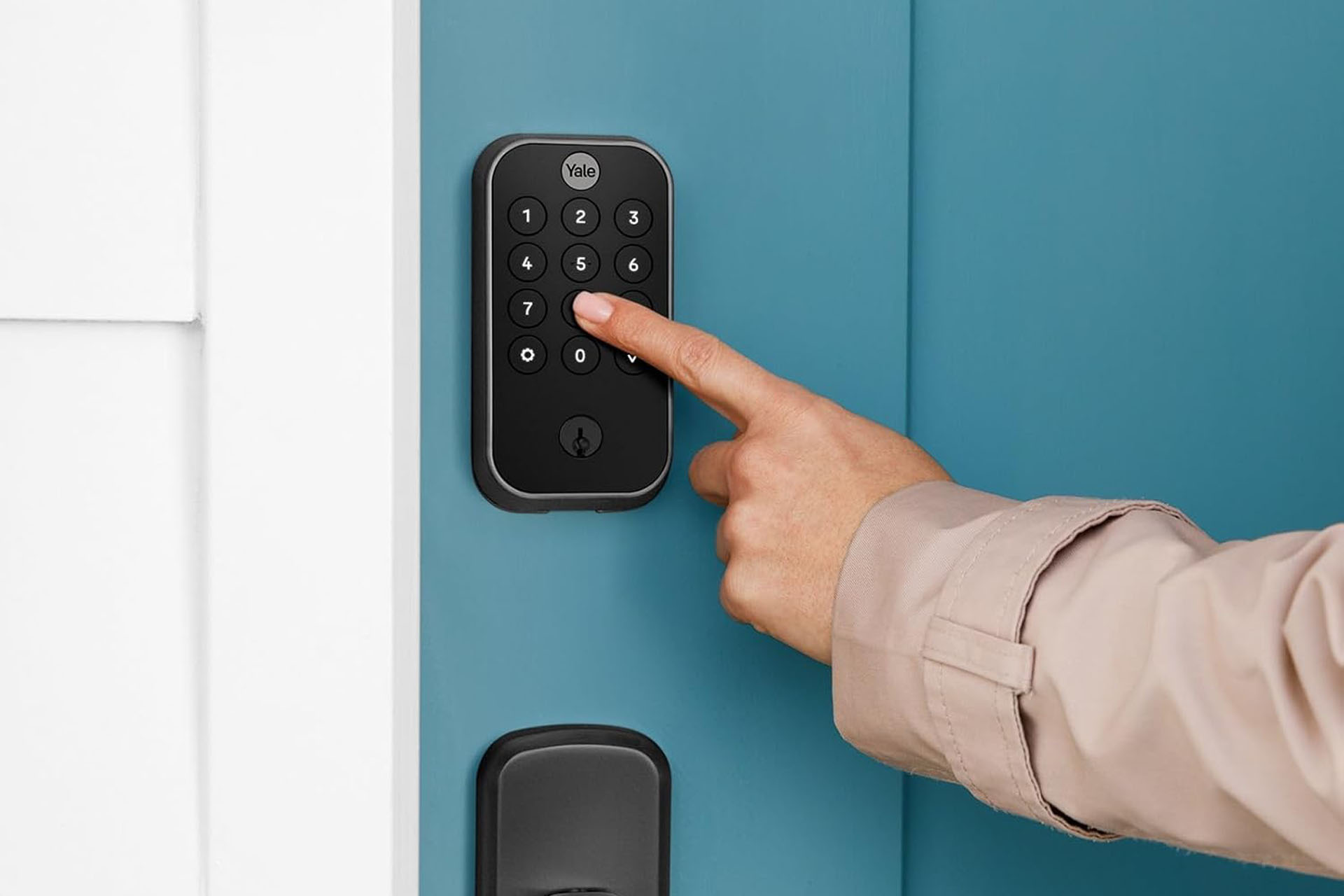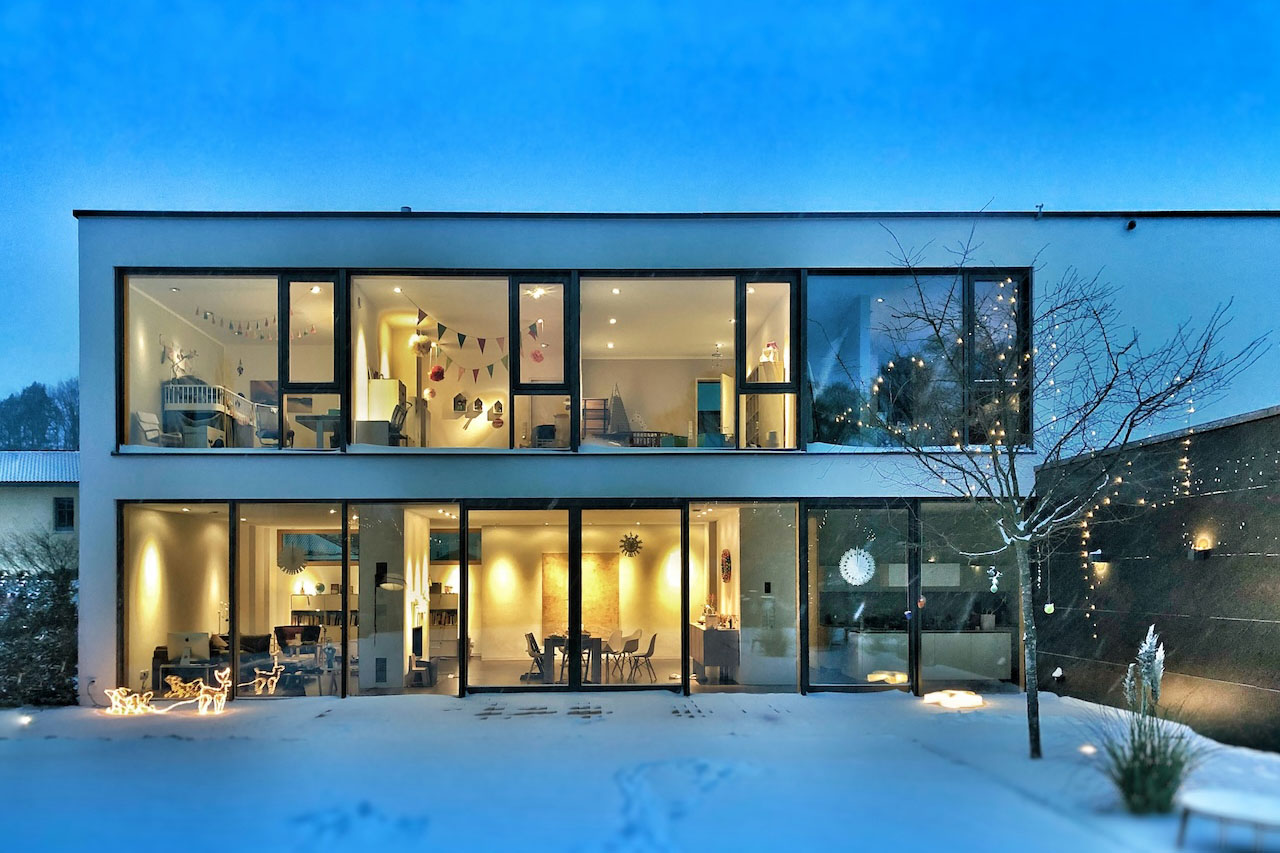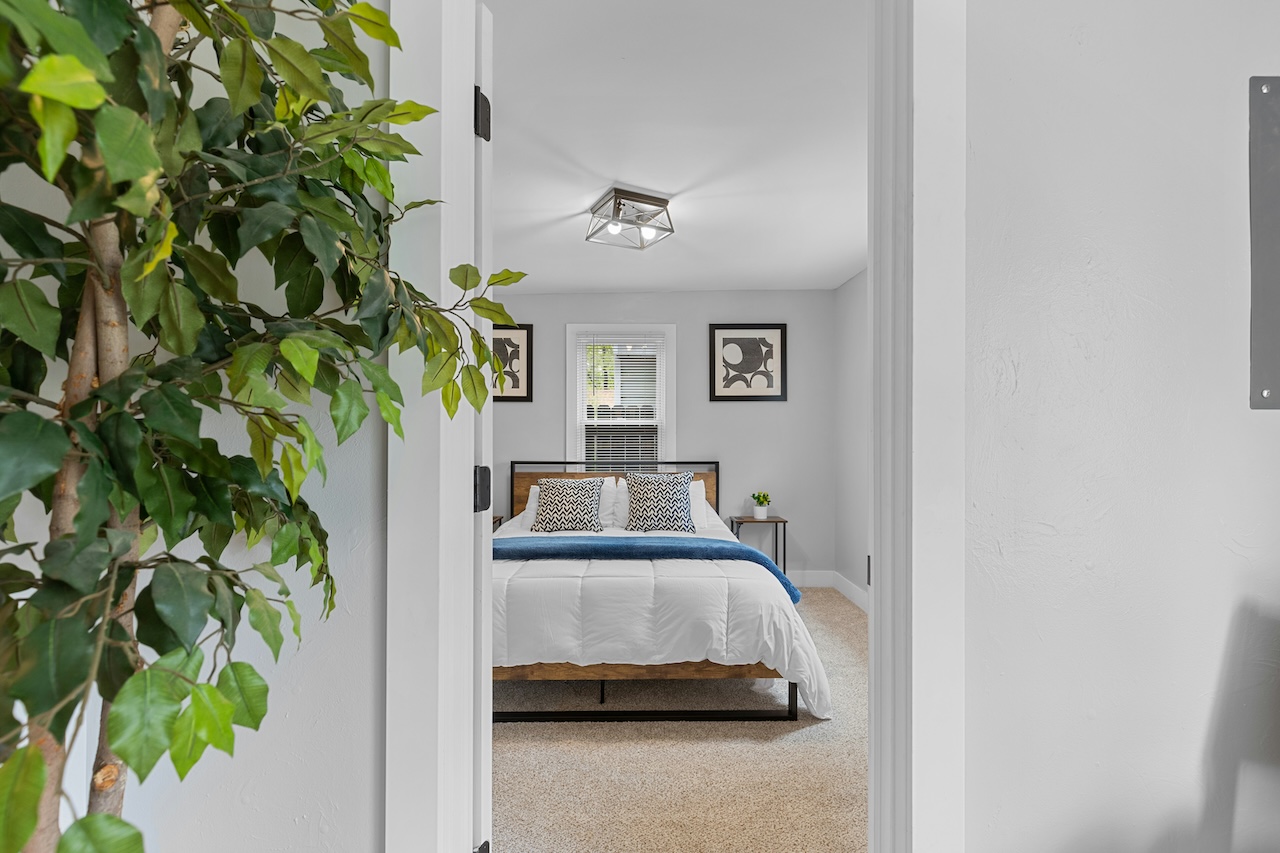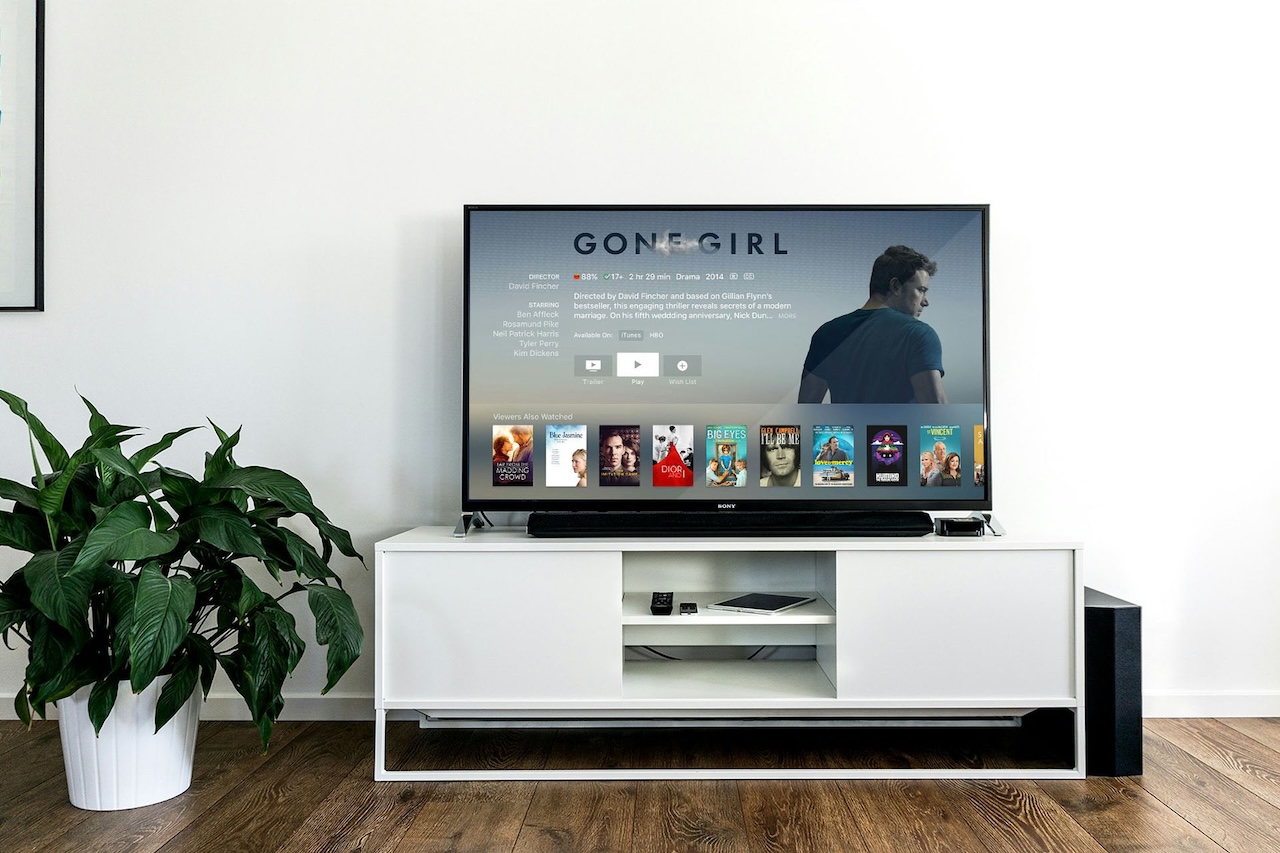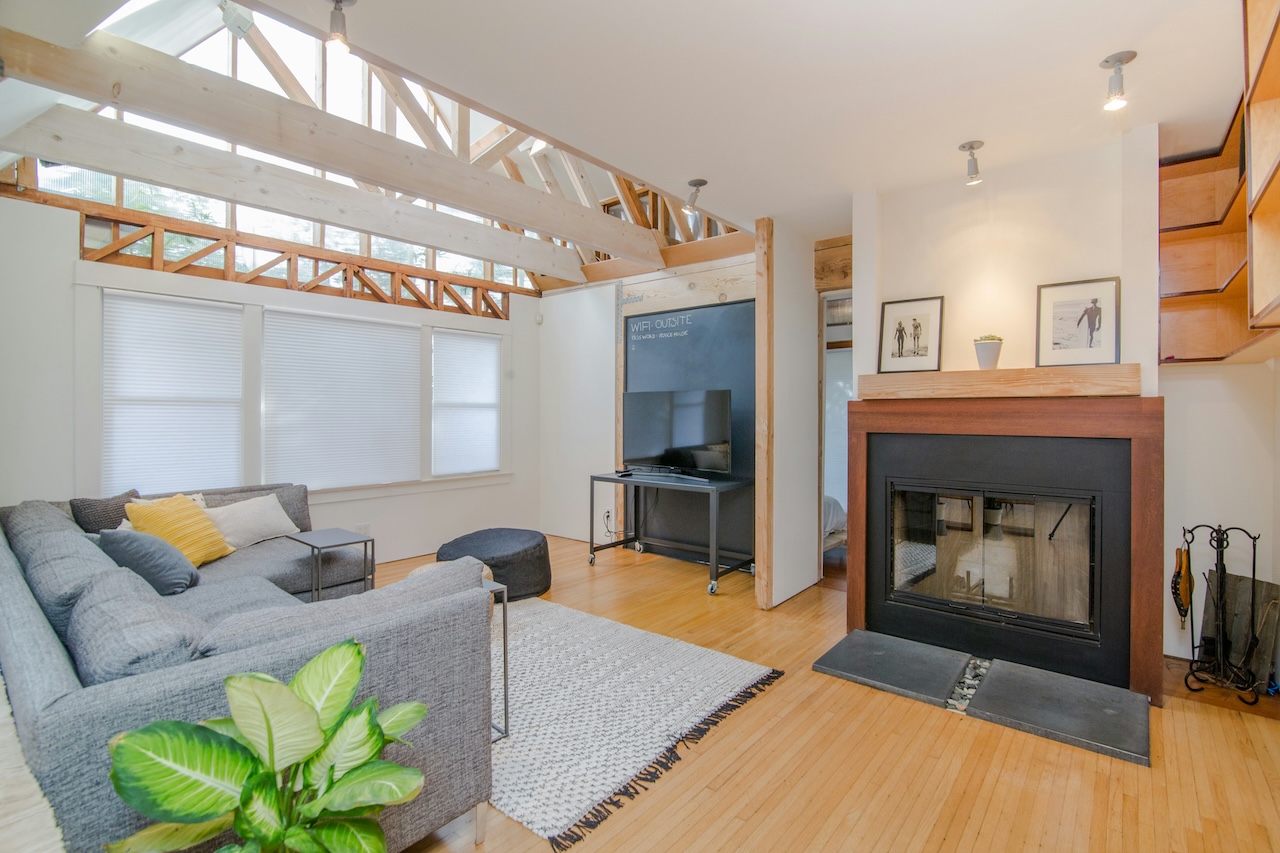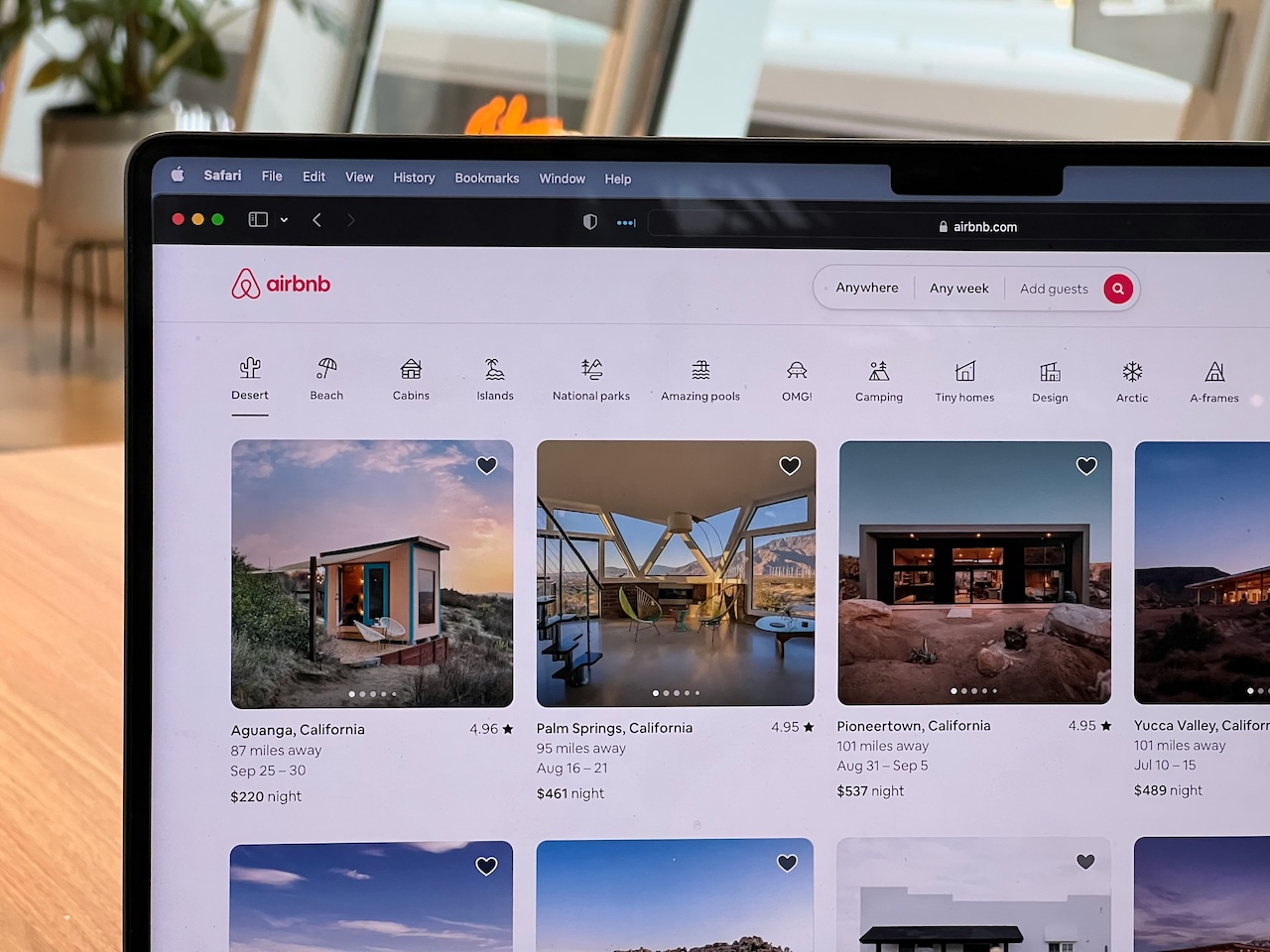As the smart home market continues to evolve, many of the options available on the market are Wi-Fi devices due to their convenience and ease of use. Although these devices can be very easy to set up and connect, they also come with some significant risks and they may not be the best option for your short-term rental property.
Here are some compelling reasons why you might want to think twice before using Wi-Fi smart home devices at your vacation rental or Airbnb:
Network Congestion
Wi-Fi operates on shared frequencies, which means that as more devices connect to your network, performance can decline. The more Wi-Fi smart devices you add, the greater the potential for network congestion and slower speeds. This can lead to lag when controlling devices and may affect the performance of your home Wi-Fi overall, particularly in homes with many users or devices.
Typically guests put quite a load on the Wi-Fi at any rental property. It seems counterintuitive, but many guests go on vacation just to spend lots of time streaming TV and videos online. They are also typically taking lots of photos and videos during their trips, and all of that information starts to upload when they come back to the property and their devices connect to the Wi-Fi. This load can last for a long time, and can cause big interruptions with your Wi-Fi smart home devices.
Higher Energy Consumption
Many of the connected smart home devices are battery operated so they can be easily installed around the home in different applications. However, when compared to alternative smart home communication protocols, Wi-Fi devices tend to use more energy. This is mostly due to the need for the devices to constantly stay connected, but Wi-Fi is not designed to be low power consumption. One of the most challenging (and important) things about smart home devices is keeping them connected, and needing to change the batteries more frequently can create high maintenance costs.
Security Risks
Wi-Fi smart home devices can present significant security vulnerabilities. Every device which connects to the internet can expose your entire network to potential hacking attempts. Most hosts won’t be worried about this, but if a device is not properly secured or updated regularly, it can become a gateway for cyber threats. Additionally, using weak passwords or failing to change default settings can make devices more susceptible to unauthorized access. If one of these devices is compromised, there is a risk to any device that is connected to (or will connect to) your network until the infected device is cleaned or removed.
Dependence on Internet Connectivity
Wi-Fi smart devices rely heavily on your internet connection for functionality. If your internet goes down or experiences outages, your smart devices may become unresponsive. This can be particularly problematic for devices critical to the operation of your short-term rental like smart locks or water shutoff systems. In contrast, many alternative smart technologies, such as Zigbee or Z-Wave, can operate locally, maintaining control even in cases of internet failure.
Privacy Concerns
Wi-Fi smart home devices often collect and transmit data back to manufacturers or third-party services, raising privacy concerns. Users might not have full control over how their data is used or shared, which could lead to unwanted surveillance or data misuse. It is essential to read privacy policies and understand the implications of data collection associated with Wi-Fi-enabled devices.
While Wi-Fi smart home devices offer convenience and ease of use, potential drawbacks warrant careful consideration. Issues such as network congestion, security vulnerabilities, dependence on internet connectivity, and privacy concerns can impact the overall smart home experience.
For those looking to enhance their smart home with reliability and security, it may be worthwhile to explore other communication protocols like Zigbee or Z-Wave, which offer local operation and greater reliability. Ultimately, the decision to use Wi-Fi smart home devices should be weighed against these factors, ensuring that you choose the best technology for your specific needs and preferences. Our recommendation would be to only consider using Wi-Fi on devices which are not critical to operate or secure your short-term rental.
For more information on what we think you should do, read our article about the Best Smart Home Automation Protocols

